10 Books to Understand American Politics
The 2020 Presidential election was a close call, with Biden narrowly winning enough Electoral College votes to secure his premiership for 2021. American politics have been afflicted by contentious ongoing issues; on top of dealing with the pandemic, the President-elect must address concerns on climate change, race relations and polarization.
Understanding the current state of affairs in America is important because its role as a global powerhouse influences the decisions of state leaders internationally, but broaching these subjects may seem daunting. Below is a list of books that will help you learn more about the challenges that America’s newly elected President will face next year and what the world may look like in 2021.
Let the People Pick the President
In this novel, Wegman makes a convincing case for abolishing the Electoral College, which renders millions of votes irrelevant. The winner-takes-all model results in a select few ‘battleground’ states deciding the outcome of a presidential election.
Wegman explores the history of this system and delves into the inception of the 12th Amendment. She uses the examples of Al Gore and Hillary Clinton, both of whom won the majority of the public vote in 2000 and 2016 respectively but still lost to their opponents, as a lens for implementing a national popular vote. In this thoroughly researched book, Wegman debunks common myths about the Electoral College and presents strong arguments that offer alternative solutions for nationwide reform.
The 2020 Presidential election was tense and turbulent; although President-elect Joe Biden broke the record as the candidate with the highest public vote share in American history, the race was nerve-rackingly tight. The choice of the American people was clear however and this year’s race serves as another reminder of the injustice of the current American electoral structure.
Separated: Inside an American Tragedy
By Jacob Soboroff
Former NBC News and MSNBC correspondent Jacob Soboroff exposes the realities of the Trump administration’s organised efforts to separate families on the US-Mexico border. Having previously reported on the inhumane treatment of the detained children which eventually led to the reversal of the government’s policy, Soboroff uses his expertise to explore how such a tragedy had been allowed to happen.
Travelling along the southern borders of Texas, California and Arizona, he describes the attitudes of officials on Capitol Hill and the heart-breaking scenes he witnesses in the custody facilities. Soboroff shines a light on the human consequences of the family separation policy implemented by the Republican administration.
Immigration was at the heart of the 2016 Presidential election and rhetoric grew toxic under the example set by then-nominee Donald Trump. Soboroff’s account of the family separations that endured, even after the policy was scrapped is a stark reminder of the choice the Americans faced during this year’s race on the future of migrants and their families.
Strangers in Their Own Land Anger and Mourning on the American Right
By Arlie Russell Hochschild
Arlie Russell Hochschild adopts a multifaceted research approach to the issue of growing polarisation in the U.S as she moves to Louisiana to immerse herself among Tea-Party supporters and other conservatives. The renowned Berkley sociologist spent five years there trying to understanding ‘the great paradox’: why the inhabitants of Louisiana oppose federal and state regulation on environmental issues despite living in dangerously polluted areas as a result of the activities of the many petrochemical companies that operate in the bayou.
Her empathy shines through this narrative as she outlines how socio-economic circumstances, cultural shifts and changing demographics have left these small-town communities feeling marginalised, Throughout the narrative, readers get to know several characters and come to understand the entrenched role of emotions in politics.
Winning back some of the votes of white working-class Americans was crucial for Biden’s win in the 2020 Presidential race. This is because they constitute a large portion of Trump’s supporter base. Hochschild’s book can provide an insight into why these voters support Trump to their own detriment.
The Uninhabitable Earth
By David Wallace-Wells
Wallace-Wells’ account of the historic, disproportionate impacts of climate change as well as a plethora of potentially devastating futures for our world is a shock to the system. He employs statistics to map out the realities of climate change and the many scenarios in which the situation worsens; from storms to floods to wildfires, he explains how leaving global warming unchecked could have disastrous consequences. The book succeeds in achieving its aim; to convey the urgency of the climate emergency and to awaken the reader from complacency. Through hard-hitting, blunt descriptions, he paints a chilling picture, but he injects some optimism by presenting solutions that he describes as ‘obvious’ and ‘available’.
Conversations about the pressing nature of climate change have been happening since the 20th century but in just the last four years, the 2016 Republican administration dismantled significant policies and regulations on the environment. President-elect Biden has promised to put this global emergency at the forefront of his agenda. This book evocatively lays out why this is necessary for a better future.
Weaponized Lies: How to Think Critically in the Post-Truth Era
In this book, Levitin addresses how our information age is plagued by lies and conspiracy theories. Levitin recognises the danger of being unable to process information critically and to distinguish between what is true and false. His book warns against accepting information at face value, dismissing opposing views and encourages readers to think scientifically. It is split into three sections: ‘Evaluating Numbers’ demonstrates how statistics can be used for manipulation, ‘Evaluating Words’ looks at critically assessing the value of different experts and ‘Evaluating the World’ takes issue with the myths surrounding scientific claims. In the final chapter, Levitin demonstrates how to utilise these lessons on critical thinking by applying them to authentic case studies.
Misinformation, disinformation and manipulation have become exacerbated by digital technologies, which makes it easier than ever to spread lies. Voters need to understand and be able to judge the trustworthiness of the information around them, especially with the deluge of content they are bombarded with on a daily basis. Levitin provides his readers with the first steps they can take to become better information consumers.
Dark Money: The Hidden History Of The Billionaires Behind The Rise Of The Radical Right
THE HIDDEN HISTORY OF THE BILLIONAIRES BEHIND THE RISE OF THE RADICAL RIGHT
By Jane Mayer
‘Dark Money’ is a comprehensive deep dive into the multifaceted ways that the Koch brothers sought to influence public opinion. As billionaires with the right connections and using their wealth to fund significant social institutes including academics, thinktanks and media organisations, the Koch brothers are only one example of an elite band of plutocrats that use their money to shape the national agenda. Mayer traces their family history, their journey from the political fringes to the mainstream and how they manipulated politics to benefit their own commercial interests. Taking aim at issues such as climate change and funding the Tea Party movement, the Koch brothers and their conservative allies effectively concentrated their resources to mould the direction of American politics.
The role of money in politics is no secret but it is rare to come across such a detailed explanation of the deeply embedded connections between plutocrats and politicians. As the race for the Senate stretches to January 2021, recognising how America’s wealthy elite can use their resources to shift the outcome in their favour is imperative for voters to make informed decisions.
Caste: The Lies That Divide Us
By Isabel Wilkerson
Drawing parallels between the U.S, India and Nazi Germany, Isabel Wilkerson paints a powerful portrayal of how the force of an invisible caste system has come to govern contemporary American society in her book ‘Caste’. For Wilkerson, a casteist is a person who maintains and gains from an entrenched system of hierarchy, allowing it to thrive unchallenged and this often intersects with race. Wilkerson focuses on structural issues of power that confine African Americans to the bottom of the ladder through oppression, marginalisation and violence and elaborates on why the concept of race is no longer sufficient for understanding how such inequality has endured. Wilkerson poignantly documents the past horrors that American untouchables were legally subjected to in explicit detail and doesn’t shy away from America’s brutal past.
Race relations in America have a history of tension and violence. People of colour continue to battle great injustices every day and 2020 has been no different. This year saw the endurance of protest movements against the double threat of police brutality and the disproportionate effects of the pandemic. African American voters constitute a large section of Biden’s support base and Biden’s promises to improve the inequality they face is a large part of his appeal. Understanding the struggle of non-white Americans is one way to help heal deep divisions.
Why We’re Polarized
Ezra Klein
Vox co-founder Ezra Klein explains how American politics has become more divided than it was during the Civil War, an idea he finds absurd. Using research from renowned political science scholars such as Steven Webster and Corwin Smidt, he traces how political affiliations have shifted from ideology to identity politics as the Republican and Democratic parties grew more hostile to each other. Pointing out that polarisation functions in a loop where citizens become more divided partially due to societal institutions such as the media, political actors and organisations react by adopting more antagonistic behaviour, further driving polarisation among the public. Klein ends by suggesting structural and cultural solutions to these rifts that are deeply insightful and thought-provoking.
This book is key to realising that the success of Donald Trump in the 2016 election is indicative of pre-existing tensions within American politics; it was a symptom rather than a cause. Electing to replace Trump is of course a great step for restoring more moderate norms, however, it will not repair what is already broken.
Our Time Is Now: Power, Purpose, and the Fight for a Fair America
By Stacey Abrams
Stacey Abrams was the Democratic nominee in the 2018 Gubernatorial campaign to be governor of Georgia against Republican Brian Kemp. She lost to her opponent but maintains that the election was unfair. Her book recalls the history of voting rights and the various practices employed to suppress votes.
Discussing methods such as registration, ‘exact match’ voter ID systems and gerrymandering, she exposes how America has consistently disenfranchised minority American voters. She expertly blends this analysis with her own personal experiences when she illustrates the consequences of voter suppression on her family and her electoral race. She concludes by proposing several reforms that reach to the federal level and offers an alternative way of governance.
Voter suppression tactics remain a significant issue in the American electoral process. These practices are often targeted at preventing minority communities from casting their vote but are concealed as legal and logical procedures. ‘Our Time is Now’ is a riveting read for those concerned with ensuring democratic principles are upheld.
Unrigged: How Americans Are Battling Back to Save Democracy
By David Daley
Following the success of his first book Ratf**ked in which he details the Republican Party’s 2010 plan (named REDMAP) to use gerrymandering as a tool to obstruct the Democrats future attempts at regaining power, he released his second book ‘Unrigged’.
Taking a more positive spin, this novel describes how the public is resisting partisan gerrymandering to restore the democratic process; he elaborates on the efforts of grassroots movements to reinstate the voting privileges of former felons, anti-gerrymandering campaigns and the struggles of Native Americans against restrictive voter ID laws. The victories listed in Unrigged allowed for the remarkable blue wave in 2018 and secured voting rights in several states. This book is a breath of hope for those who’s willpower and optimism is waning.
The 2020 election was a close one and control of the Senate still hangs in the balance. Free and fair access to voting is imperative in deciding the future of the direction American politics will take in 2021. This book provides inspiration and motivation for a fatigued public that instils hope for change.
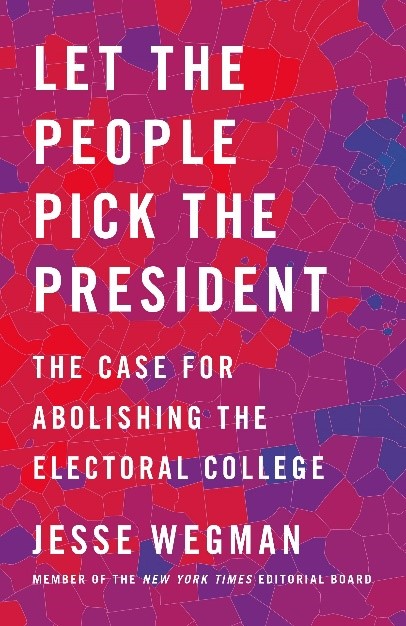
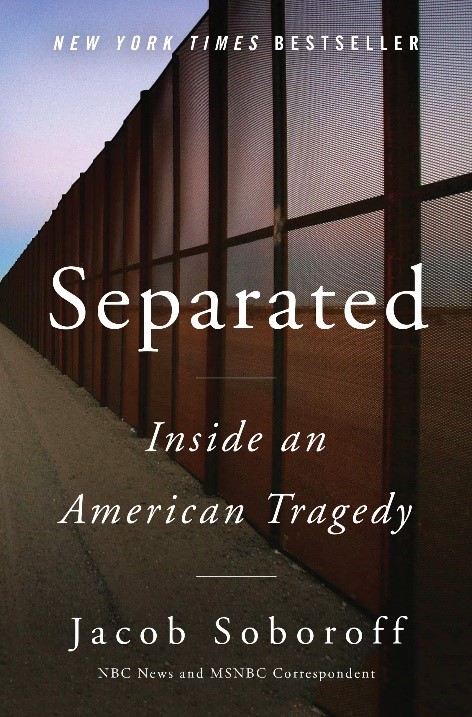
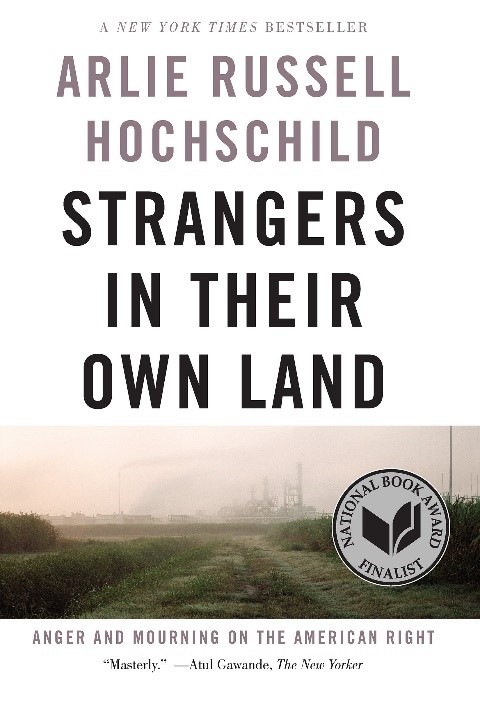
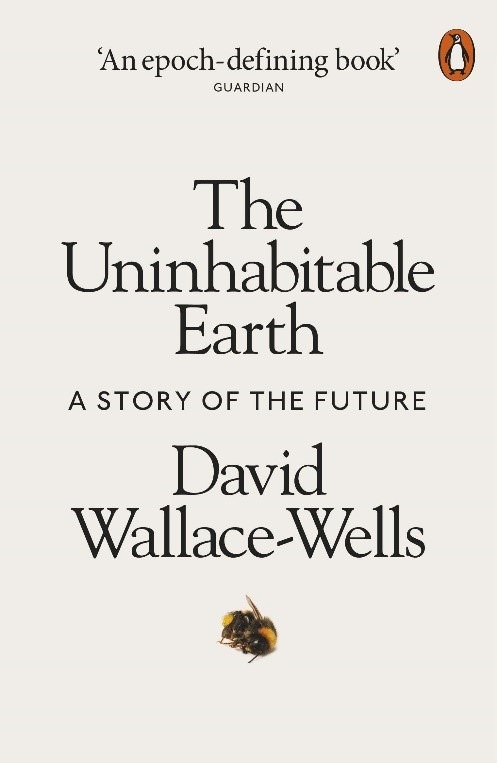
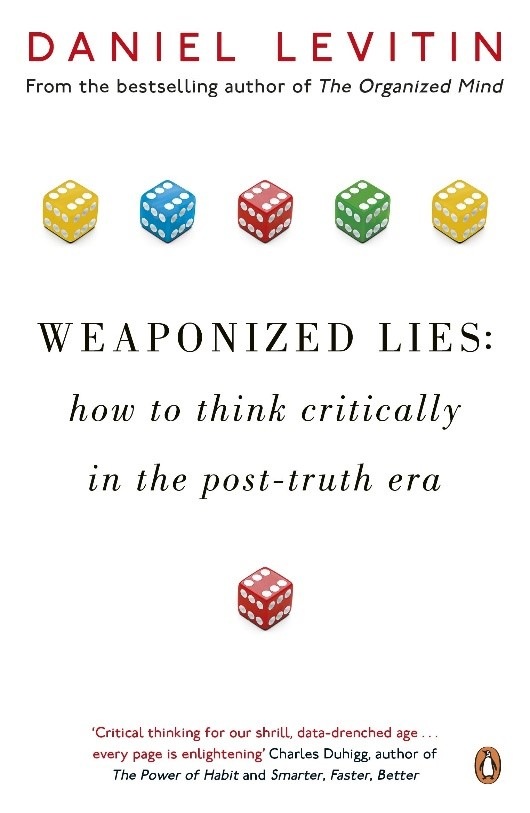
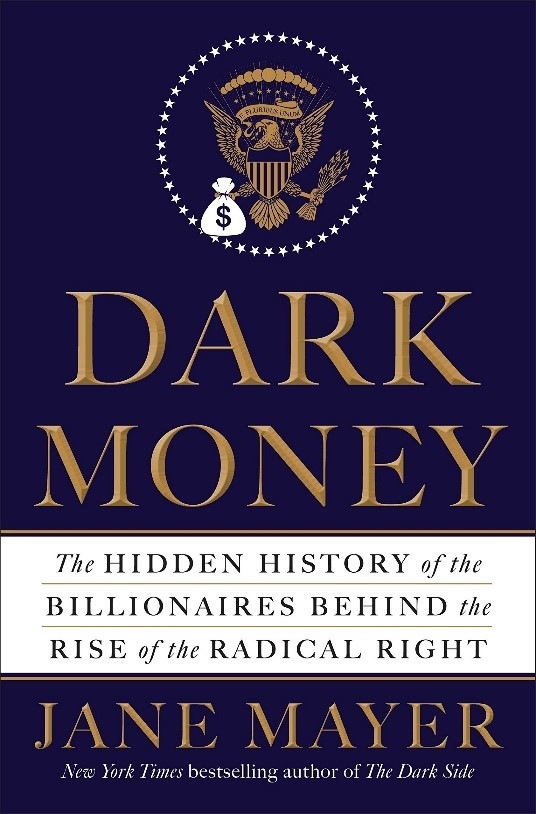

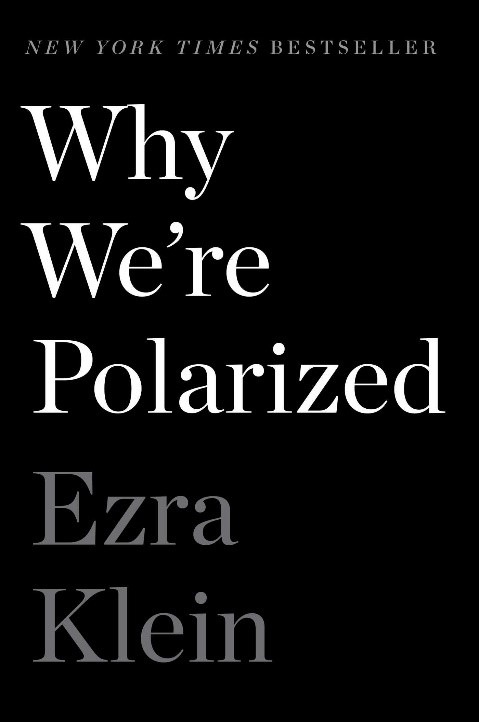
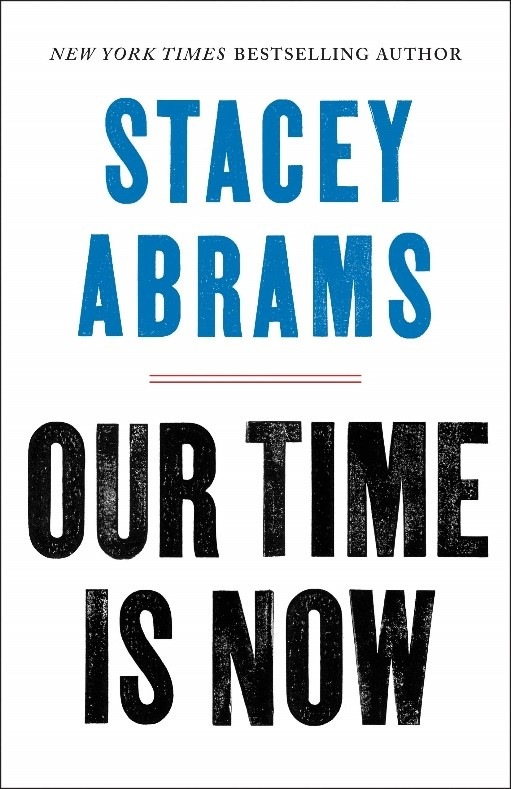
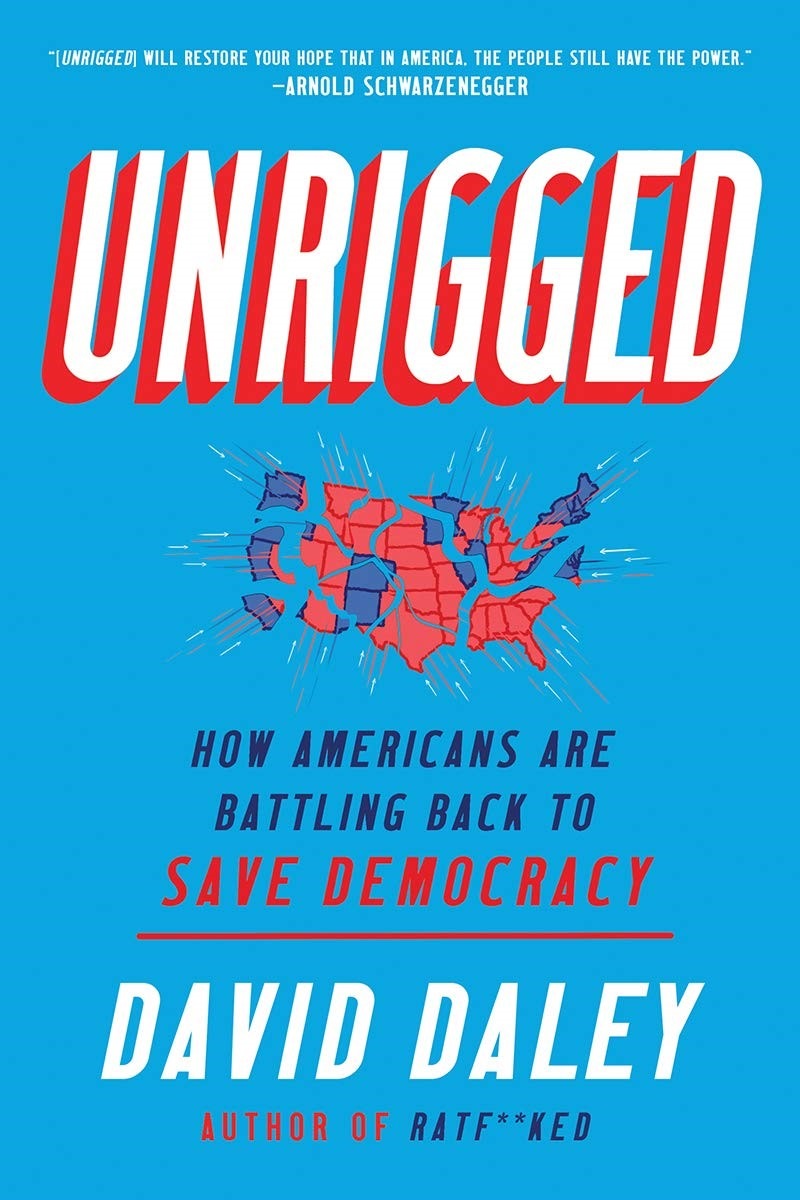



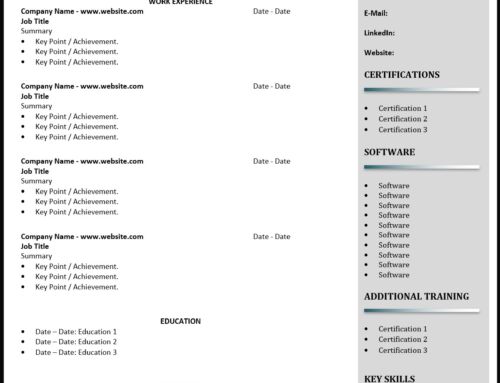
Leave A Comment